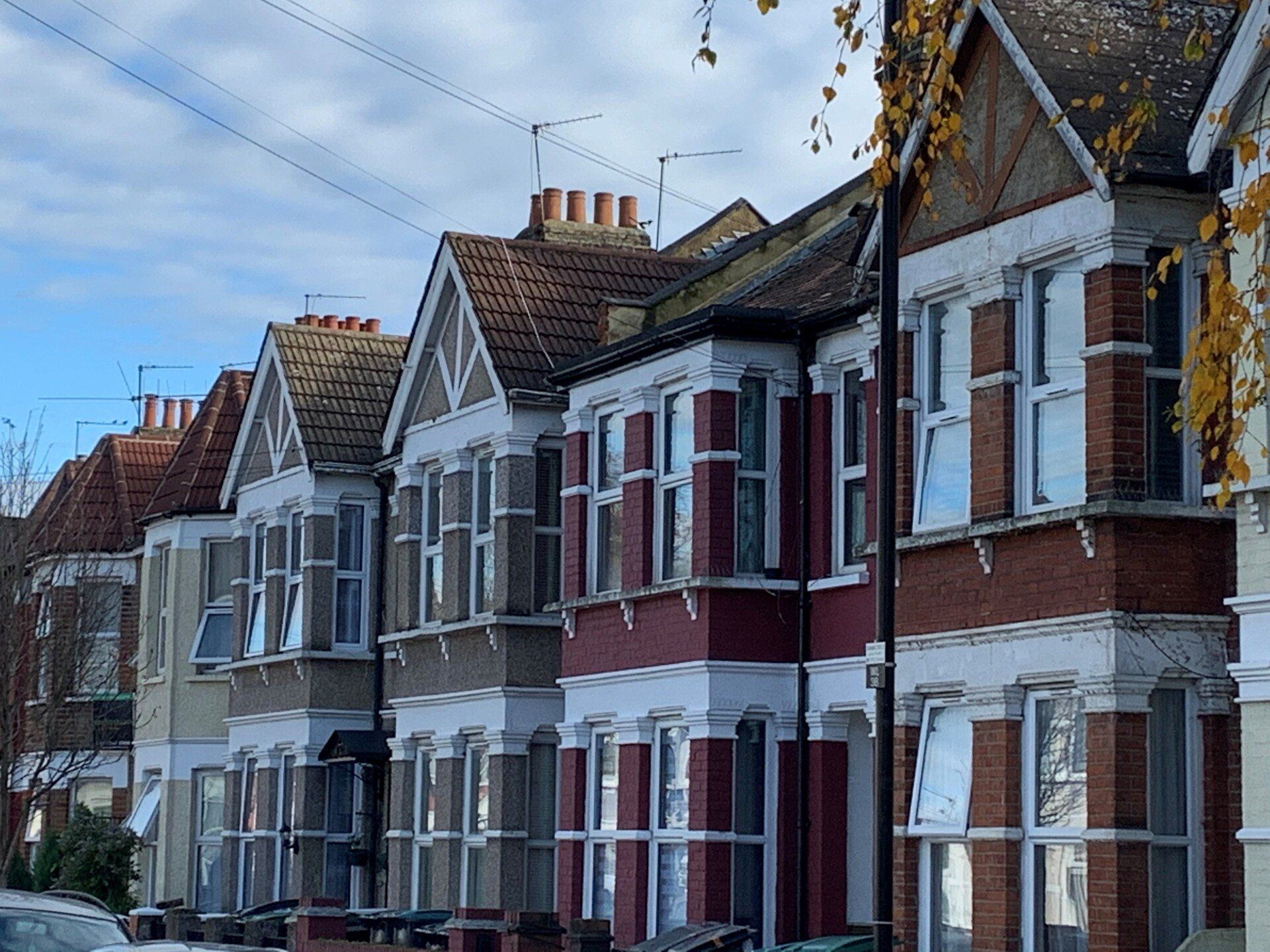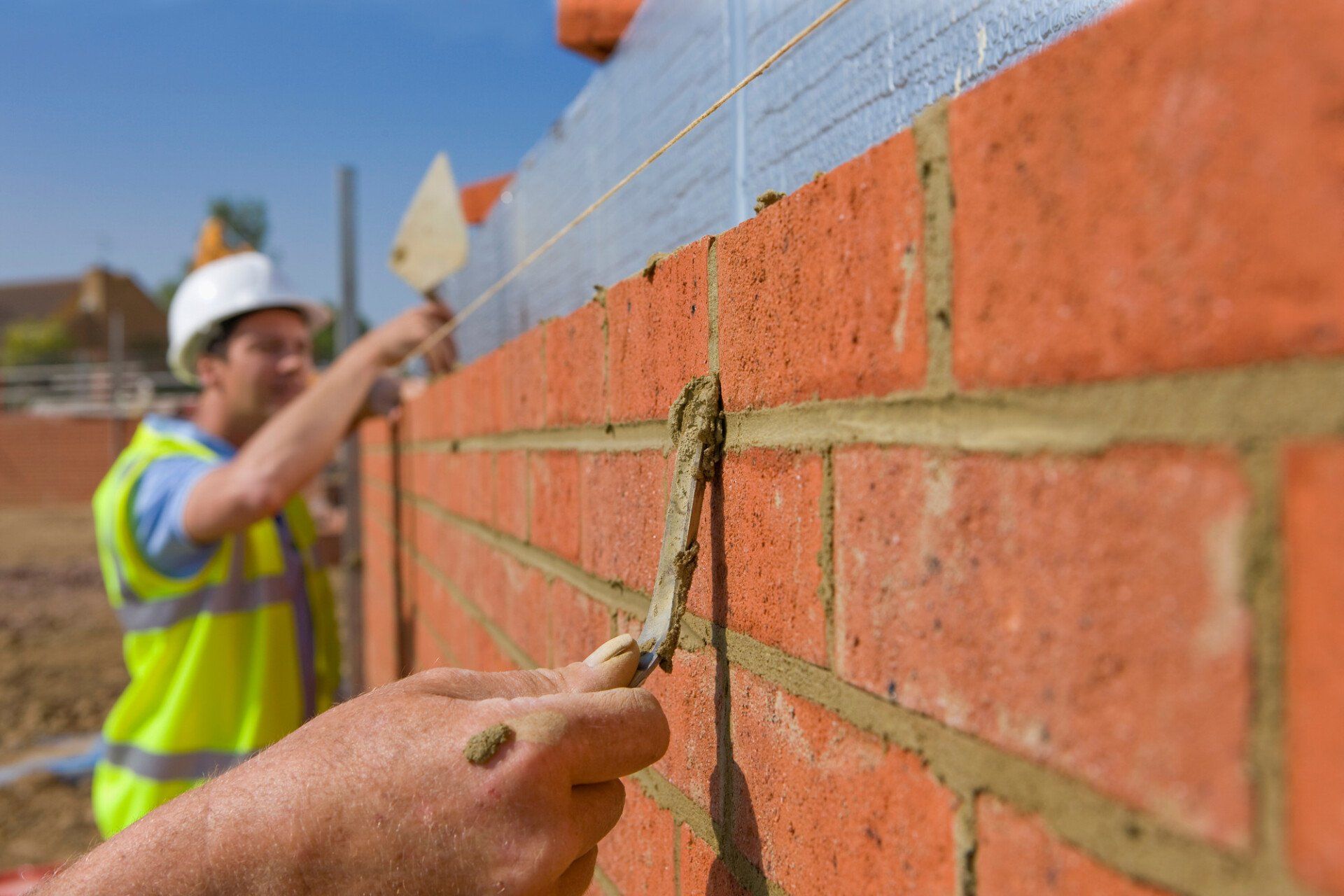Why So Few Neighbours Consent to Party Wall Notices

When it comes to home renovations or construction work, neighbors can often find themselves in a situation where they’re required to consider a Party Wall Notice. The Party Wall Act of 1996 in England and Wales requires a property owner who is planning construction near or on a shared boundary to notify the adjoining owners. However, a surprising number of neighbors decline to consent to these notices, choosing instead to appoint a surveyor. Understanding the reasons behind this reluctance sheds light on common fears, misconceptions, and motivations that influence neighbors' decisions. Here’s an in-depth look into why so few neighbors consent to Party Wall Notices and what factors lead to the widespread hesitation.
Lack of Understanding of the Party Wall Act
Many neighbors aren’t fully informed about the Party Wall Act and their rights under it. The legal jargon and formal tone of a Party Wall Notice can make the notice seem more intimidating or intrusive than it actually is. Without an understanding of the Act, neighbors may worry that consenting could lead to unexpected liabilities or might reduce their rights if something goes wrong during construction.
The Act is designed to protect both property owners, but in many cases, adjoining neighbors don’t realize that they have legal options to safeguard their property. Without proper information or assurance, the default reaction is often to withhold consent and seek the advice of a surveyor, who can explain their rights and oversee the process.
Fear of Property Damage
For many neighbors, the primary reason for not consenting to a Party Wall Notice is the fear of potential damage to their own property. Major construction work, such as excavations, extensions, or loft conversions, has the potential to affect the structural integrity of adjacent properties. Even minor vibrations or digging can cause visible cracks or damage that might compromise walls or foundations.
By withholding consent, neighbors are essentially requesting that a third-party surveyor be appointed to oversee the work and ensure that all measures are in place to prevent property damage. The involvement of a surveyor provides an additional layer of security, as the surveyor will document the pre-construction condition and act as an intermediary if any issues arise.
Lack of Trust in the Building Owner’s Plans
Another common reason for withholding consent is a lack of trust in the building owner’s intentions or abilities. This can be particularly relevant in situations where neighbors do not have a close relationship or have had previous disputes. The presence of a surveyor offers assurance that the construction will be done to code and that proper safety and structural measures will be taken.
In cases where the building owner is seen as inexperienced or cutting corners, neighbors may feel that a professional should be appointed to hold the building owner accountable. This is especially true for extensive renovations that can disrupt the quality of life for neighbors. By withholding consent, neighbors essentially demand an extra layer of protection for their property and peace of mind.
Concerns Over the Impact on Privacy and Light
Renovation projects often involve changes to a structure that can impact a neighbor’s privacy, access to natural light, and views. While the Party Wall Act specifically deals with construction that affects a shared wall or boundary, neighbors may still feel uneasy if they believe the construction will have a negative impact on their living environment. For instance, a loft conversion might increase noise or overlook a neighbor’s backyard, affecting their privacy.
By not consenting to the notice, neighbors often aim to raise their concerns formally and explore ways to mitigate these impacts. The surveyor, in this case, may work with the building owner to find solutions that address these worries, ensuring the construction plan respects the neighboring property as much as possible.
Desire for Compensation
The Party Wall Act allows neighbors to claim compensation if construction work causes damage to their property. However, some neighbors view non-consent as a way to potentially negotiate for compensation upfront, ensuring that they are fairly compensated for any inconvenience or potential issues that could arise. Appointing a surveyor gives neighbors confidence that their property interests will be looked after and that they will be adequately compensated if needed.
This might not be the primary reason for withholding consent, but it often contributes to a neighbor’s hesitation to grant permission outright. For some, involving a surveyor feels like a formal way to ensure any damage claims are managed transparently and professionally.
Financial Concerns and Cost Implications
Interestingly, a common myth surrounding Party Wall Notices is that agreeing to the notice could lead to unexpected costs for the adjoining neighbor. However, under the Act, it is generally the responsibility of the building owner—not the neighbor—to cover the surveyor’s fees if the neighbor chooses not to consent. Even though the law is clear, some neighbors may still worry about hidden costs and believe that consenting to the notice may somehow result in future financial obligations.
The decision not to consent often stems from a desire for clarity and assurance that they won’t be financially affected. This is another reason that neighbors turn to surveyors, as it ensures the construction proceeds without any surprise expenses on their end.
Influence of Misconceptions and Advice from Friends or Family
Misconceptions surrounding the Party Wall Act and its implications often come from well-meaning friends, family members, or online forums. Adjoining owners may hear horror stories about neighbors who consented to construction work and then faced unresolved issues, leading them to be overly cautious. Sometimes, even casual advice to “never sign anything without a surveyor” can be a decisive factor.
In such cases, neighbors may reject consent simply because they feel pressured or advised to do so. An official party wall surveyor appointment can help clarify the specifics of the construction and prevent any unforeseen problems.
The Influence of Prior Experiences
For neighbors who have previously experienced negative effects from nearby construction—such as noise, property damage, or prolonged inconvenience—there’s a strong psychological component in their decision to withhold consent. Past negative experiences shape their outlook, and they may believe that withholding consent will give them more control over the process.
This reluctance is rooted in caution and sometimes a desire for compensation or mitigation strategies based on past grievances. The memory of previous disruption and inconvenience influences them to seek professional representation to ensure a smoother experience this time around.
Additional Legal Protection
Finally, some neighbors choose to withhold consent simply as a precautionary measure, knowing that the Party Wall Act allows for the involvement of a surveyor who will serve as their advocate if issues arise. Withholding consent provides an extra layer of protection and access to legal recourse should any disputes arise.
Neighbors are aware that by appointing a surveyor, they can hold the building owner to higher standards, ensuring that all construction follows strict guidelines. This additional protection is often enough to make neighbors feel more comfortable with the process, even if they’re not actively concerned about damage or inconvenience.
In sum, neighbors often decline consent to Party Wall Notices because of a complex mix of caution, misunderstanding, personal experience, and a desire for formal oversight. Although the Party Wall Act is designed to be fair and to safeguard the interests of all parties, the prospect of nearby construction can be daunting. For many, appointing a surveyor is the most practical way to address their concerns and feel assured that their property is protected. Better awareness and communication about Party Wall Notices might help to ease these fears, but until then, non-consent remains a common response in the face of the unknown.
For more information call us at 020 3875 9279 or email us.










